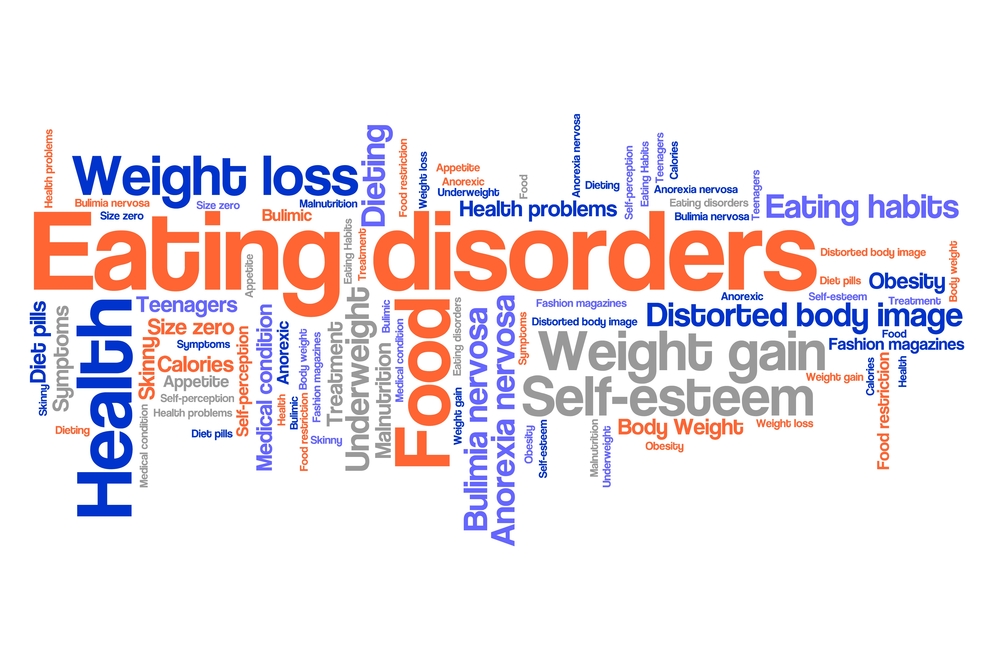
The long-awaited New Year is finally here! What hits at the back of your mind when you hear of a new year? Probably it is New Year’s resolutions. Is that right? According to a recent study finding, the most common resolutions among many Americans today revolve around focusing on self-care, enhancing wellness holistically, and focusing on positive body image. However, those struggling with eating disorders may find that these are points of contention more than anything. Below are some ways to help you begin recovering from eating disorders.
Seeking help as the first step.
An eating disorder is a disorder like any other. So, if you have an eating disorder, you might often experience feelings like shame, guilt, isolation, and hopelessness. Therefore, it is essential to realize that you are not alone in this war. There are also many other people struggling with eating disorders out there. Although the journey to recovery might seem challenging, the other end of the tunnel is always brighter.
So take the bold step of reaching out to a close friend or relative. You can also get professional treatment for eating disorders by consulting a healthcare professional or contacting the National Eating Disorders Association. Make this your first New Year resolution and see how it will go a long way towards your recovery.
Avoid framing your resolutions through the idea of deprivation.
Recovering from an eating disorder would be successful if you avoid promising yourself to eliminate or restrict certain habits forcefully. For instance, if you decide to cut out the consumption of all refined food products completely, it emphasizes what you cannot achieve easily. Instead, focus your professional treatment for eating disorders on the available possibilities, like fueling yourself with enjoyable but nutritious foods. In short, such a resolution emphasizes what you can execute and accomplish.
Avoid using metrics or numbers.
Nowadays, many resolutions and goals entail using numeric values that aid in measuring progress to help on-track maintenance within the set timeline. However, that’s not always the case with eating disorder recovery. Professional treatment for eating disorders points out that it is not always beneficial to use metrics to measure your progress. Emphasizing number usage can have serious consequences like exacerbating obsessive behaviors or thoughts.
Change your perspective
When you begin your professional treatment for eating disorders, you should change your general perspective about eating disorders. What does this mean? It means that you should understand that there is more to recovering from such a disorder than gaining or losing weight. It should be everything to do with becoming physically and mentally healthy.
That’s not all. The faster you realize that people around you do not really care about the number of your scale, the better. So, it would help if you slowly start to shift your attention to things in your life that you can control. Examples include your relationships, grades, and mindset. You can also find new hobbies like writing, art, and yoga and channel your stress through such outlets.
Summary
In summary, professional treatment for eating disorders has helped many people get their lives together and take control of themselves. In addition to the above tips, ensuring that your resolutions are achievable can also speed your recovery. Also, don’t forget that you can overwhelm yourself if you attempt to execute a major transformation at once. Instead, break the transformation process down into actions that you feel you can manage for the long-term sustenance of your eating habits.
Contact Me
If you or a loved one is struggling from an eating disorder in Chandler, Arizona, contact me today. We can have an initial consultation to find out what the best next steps may be for you.